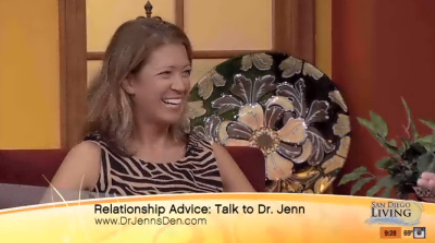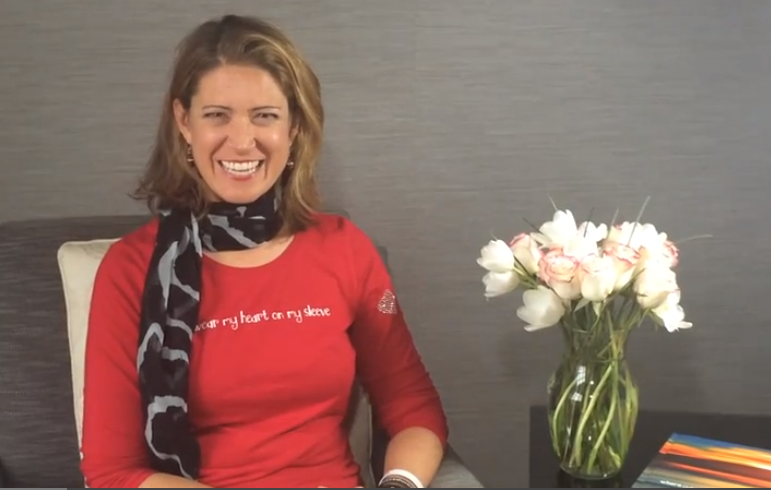This blog post is compliments of guest blogger Duana C. Welch, PhD!
Has your sexual get-up-and-go gotten up and gone? Low desire is women’s top self-reported sexual problem—and the toughest to treat. Here are three top libido busters, and what to do if this is you.
 What a shame
What a shame
Shame—the deep sense that something is wrong with us—is not our friend; it undermines our efforts in many areas of our lives. A key area is our sexuality. Are you embarrassed by your body, and worried about a partner’s acceptance of it? You can’t focus on your bra size and your pleasure!
Instead, notice shameful feelings as they arise, and redirect your thoughts to something more reality-based: “I’m feeling ashamed of my body, but my partner wants me—I am desired and desirable.”
Another aspect of shame is your sexual beliefs. Do you think sex is something “nice women” don’t (or shouldn’t) enjoy? Do you think your genitals are disgusting, something nobody should want to touch? Low desire is often related to beliefs taught to us by parents and society. Unfortunately, in our zeal to keep girls innocent, we often convey ideas that won’t serve them well as adults.
The way to address this is the same as for body shame: notice and redirect. “I’m feeling shame about wanting sex, but it’s normal, natural, and healthy for a grown woman to want and enjoy sexual connection. I deserve sexual pleasure.”
Ghosts from the past
I’m sure it won’t surprise you that rape and sexual abuse can dampen a woman’s desire for years after. Yet most women apparently move through these issues without therapy. That said, if you need help, make sure you get it. Cognitive behavioral therapy is proven to help women overcome past abuses and get their groove back. If you have insurance, choose a provider who offers it.
Partner problems
It’s been said that for women, everything our partner says and does is foreplay—and it’s true. Many women with low desire are having partner issues that include feeling low trust in, or low love and respect from, our mate. If you and your partner need to get back on track with some great relationship skills, the top science-backed therapy is Gottman Method Couples Counseling. Whether you both attend, or you have to go it alone, you can find a therapist using this link.
There are many causes of low libido, and unfortunately, there’s no magic cure that deals with them all. Ultimately, though, a little mental floss, and perhaps some therapy, can help deal with these top causes so you can get your groove back.
[Duana C. Welch, PhD, is the author of Love Factually: 10 Proven Steps from I Wish to I Do, releasing on January 7, 2015; read more and get a free chapter here.]
~Dr. Jenn Gunsaullus, San Diego, Sexologist, Sociologist, Sex Speaker













































